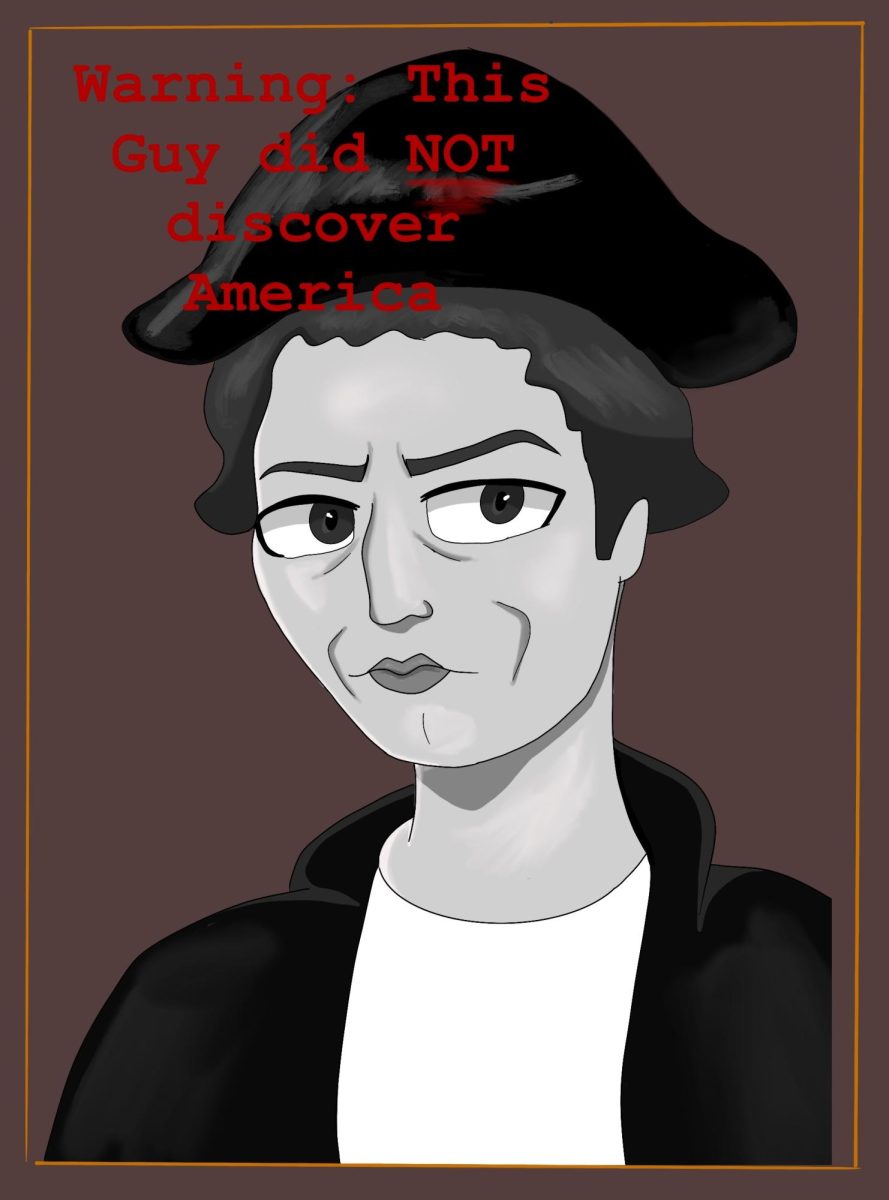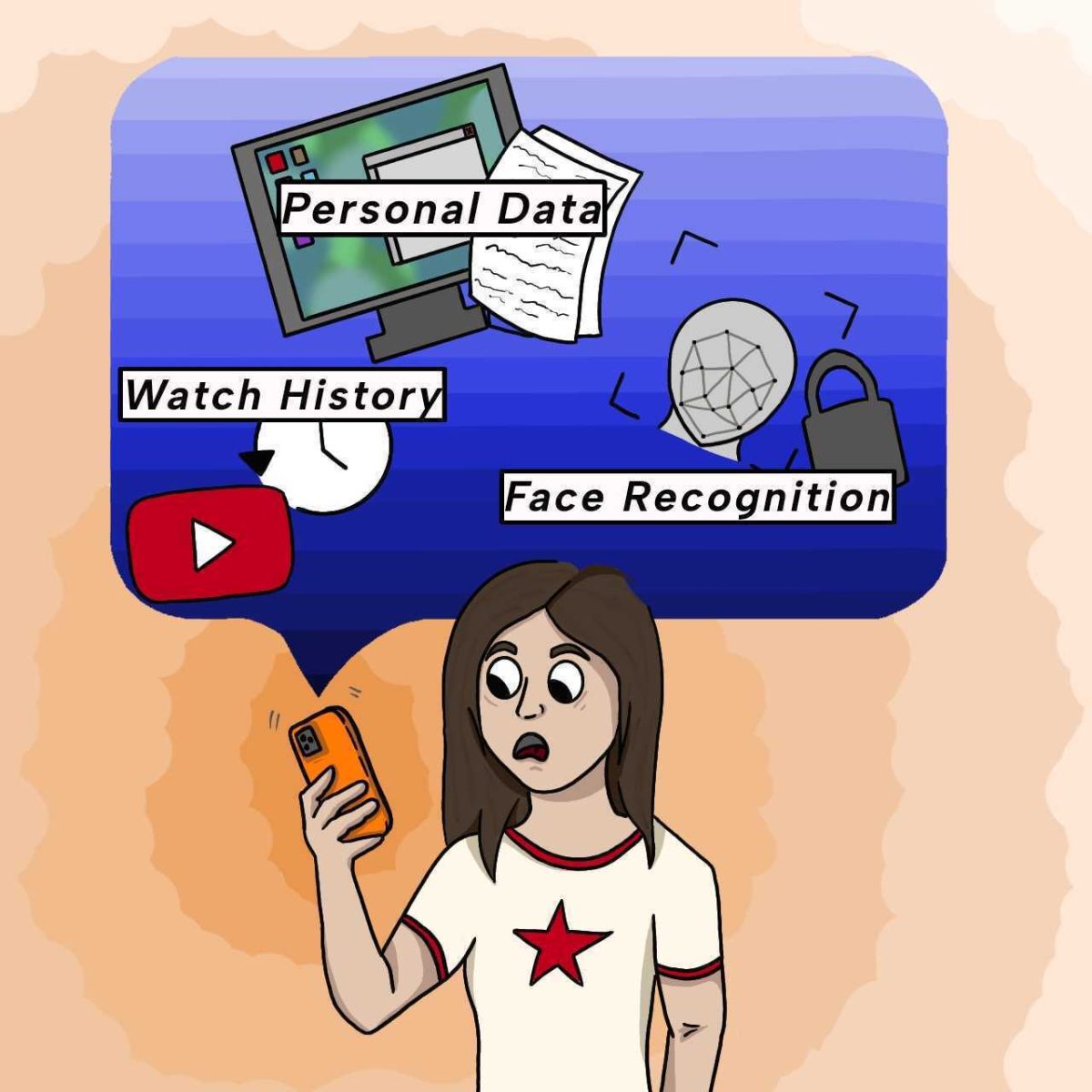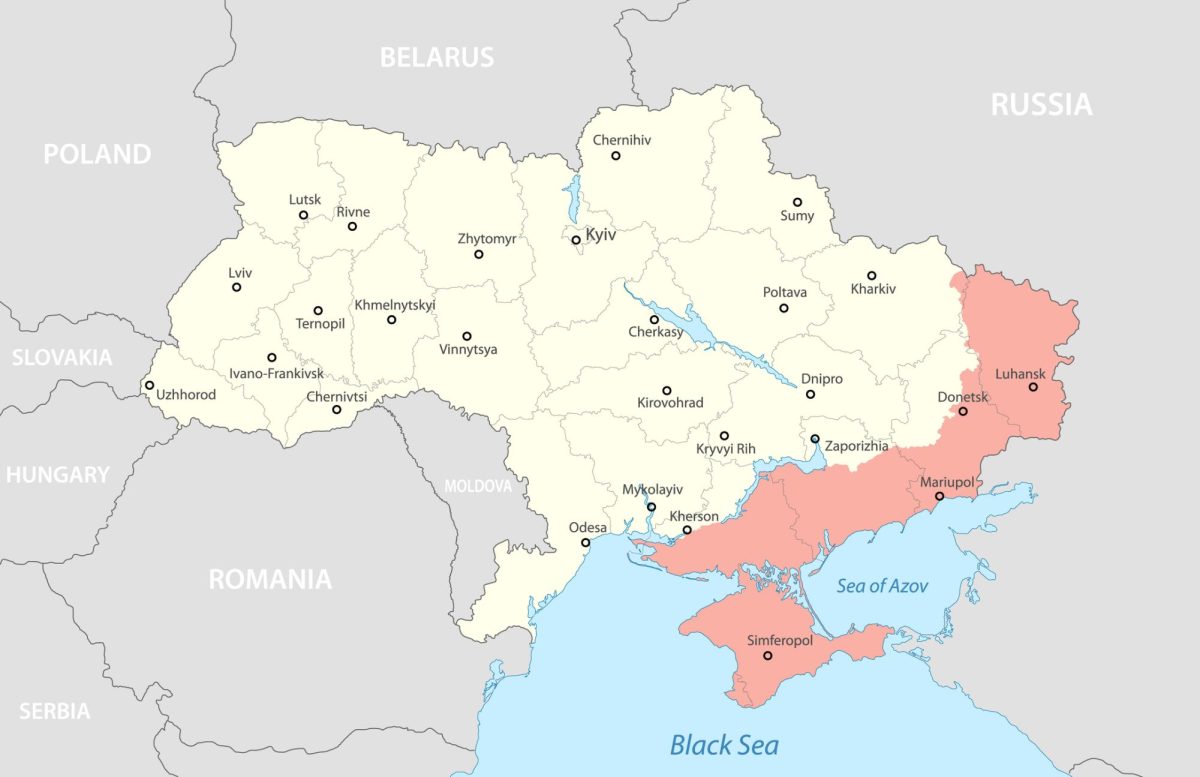Despite being a day of celebration about the discovery of America, Columbus Day is not a date to celebrate, at least not the way we actually do.
Many will be surprised to discover that Columbus was no more than an infamous man in the newly unified Spain of the 15th century. A navigator and merchant of Genovese origin, Columbus devised a project to circumnavigate the world to the East Indies (Asia).
Columbus presented the project to rulers of Europe until the Catholic Monarchs of Spain agreed. They gave him two caravels and a nao (two types of medium sized ships) with almost 100 men. So far, everything we know is correct, but here is where the myths begin.
First, Columbus did not seek to prove that the Earth was not flat, because it was common knowledge at the time of his voyage.
Aaron Fogleman, presidential research professor with NIU’s department of history, is surprised that the myth Columbus proved the Earth was round has lasted so long.
“That comes from Washington Irving, the American writer in the early 19th century, 200 years ago,” Fogleman said. “It was an era of mythmaking and the wake of the American revolution and independence. And he was one of the most popular writers of the day, and he’s the one that wrote that Columbus proved the world was round. I don’t know why he did that.”
Secondly, there’s a multitude of evidence that Columbus was not the first European to touch the American lands.
In 2021, scientists confirmed Vikings made a settlement in Newfoundland, Canada, according to a study published by the scientific journal Nature.
Third, Columbus never realized he had discovered a new continent. Even after four voyages and 14 years, Columbus maintained that he had reached the easternmost shores of Asia, by then relatively unknown, according to his own travels journal.
Finally, Christopher Columbus wasn’t a good person. Fogleman pointed out that Columbus’ journal also holds evidence that Columbus is an antagonist throughout history.
“He just comments immediately on how weak and in-alarmed the people are, and they (the natives) have gold so it’d be very easy to conquer them, so that’s what they should do,” Fogleman said. “He took, I think, seven people back with him back to Spain, so that’s the beginning of the Transatlantic slavery.”
Christopher Columbus didn’t discover America. He didn’t invent a new commerce route, he is simply famous because of fortuitous, good publicity and access to the appropriate technology to report his “rediscovery.” It is time to think about why every October there are celebrations and holidays in memory of these infamous events.
That doesn’t mean the date should not be celebrated, but we should change the reason why we celebrate. It is not necessary to celebrate that 500 years ago, 100 Spaniards arrived on American shores and nailed the Spanish imperial flag.
In 2021, the Biden Administration proclaimed Indigenous People’s Day as a federal holiday alongside Columbus Day, according to the White House.
Adding Indigenous People’s Day to the calendar is not enough.
Oct. 9 should celebrate two worlds joined together and sparked a chain of events that led to the world as we see it today.
“Columbus initiated permanent contact between the Americas, what we now call the Americas, and Europe and the rest of the world,” Fogleman said. “He’s not the first contact – that was Norse people did that and probably others – but he initiated what became permanent contact and that’s actually a big deal.”
Many barbarisms and horrors may have been committed along the way, but what would have become of Britain and the USSR without U.S. help during WWII? What would the World Cup be without Brazil and Argentina? Where would Irish migrants have gone during the Great Famine?
Columbus Day represents the principles of globalization as a unifying and peacemaking phenomenon, where nations around the world meet and collaborate with each other. But, the date cannot be represented by a character as perverse as Christopher Columbus.






















